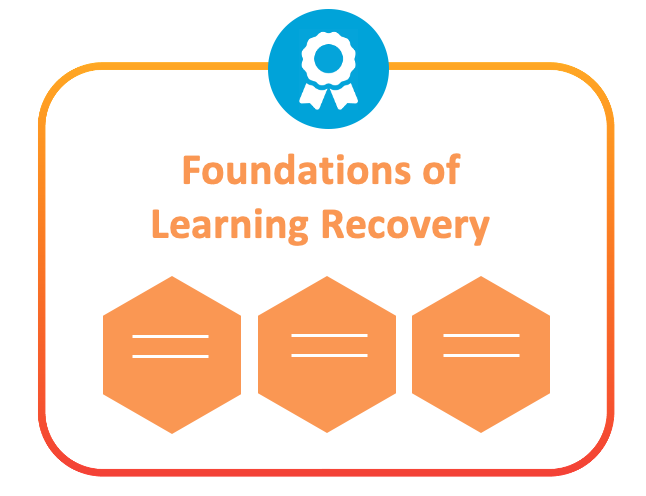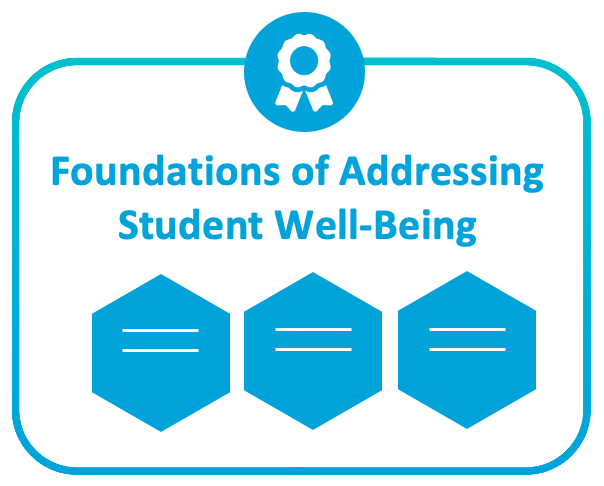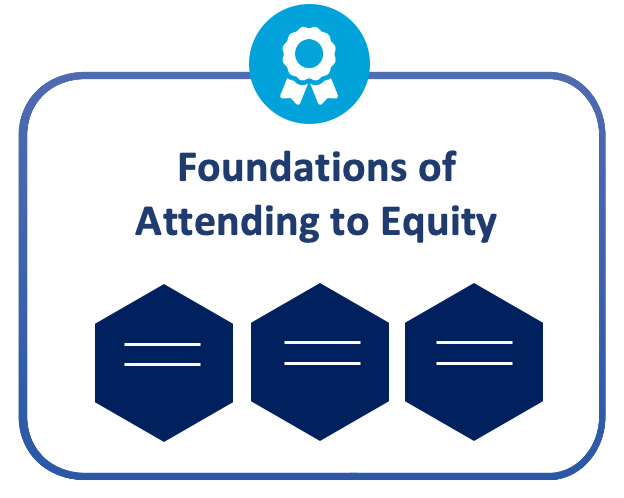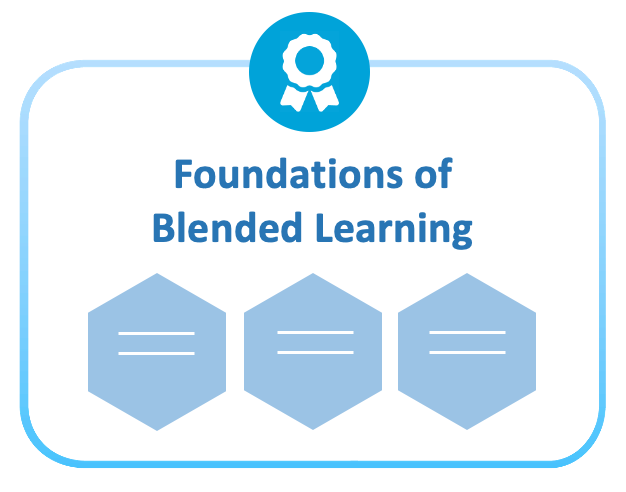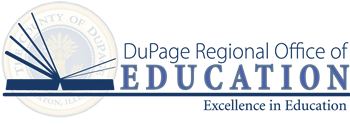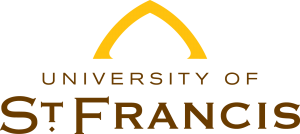
Districts can use federal ESSER funding to stabilize and support educator workforces.
Contact us to learn how we can help with your ESSER grant application!
Helping Teachers Develop Skills to Support Learning Recovery
Educators are facing unprecedented challenges addressing the adverse effects of the pandemic. According to McKinsey and Co., unfinished learning in classrooms may range from 3 to 14 months, and in a recent EducationWeek survey, 75% of school social workers reported that a majority of their students need serious mental health supports.
To support teachers with the skills they need to meet students where they are and move them forward, BloomBoard has created the following micro-credential-based pathways:
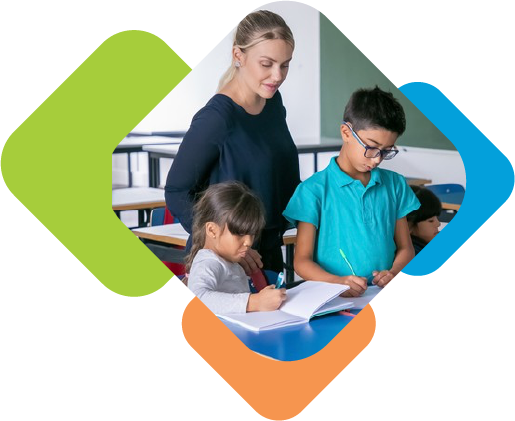
Program Benefits
Learn by Doing
Teachers are able to grow their skills in their day-to-day instructional practice, all while having access to on-demand expert coaching and PLC communities.
Supportive of Educator Growth
Educators have a pathway that builds their instructional practice while also working towards career growth and salary advancement.
Effective Investment of American Rescue Plan Funding
Districts can make an efficient investment of federal relief funding through a targeted program that improves preparedness, addresses learning loss, and supports student mental health.
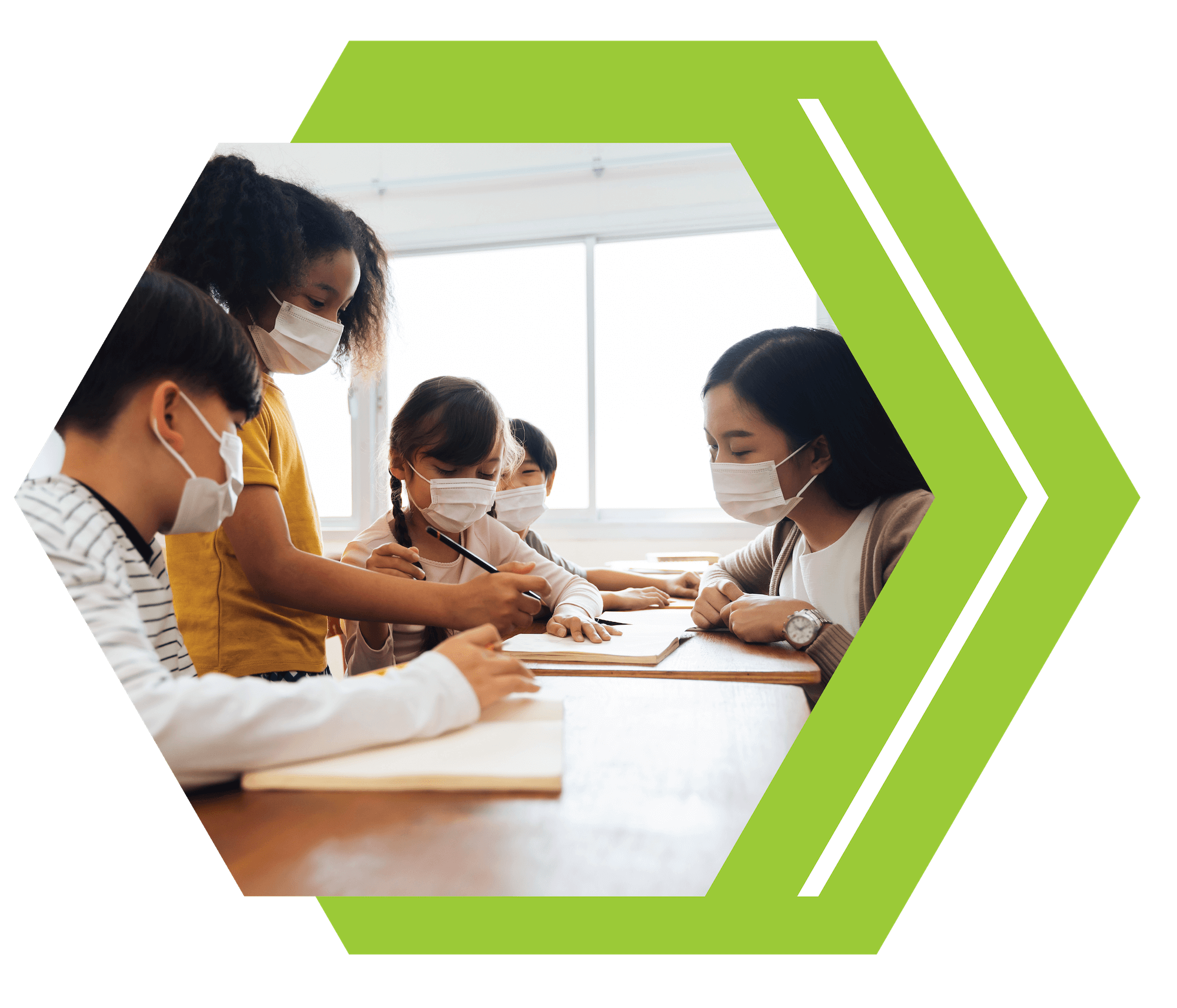
Program Structure & Supports
BloomBoard is the leading platform for educator advancement via micro-credentials. Our platform enables educators to earn micro-credentials by demonstrating competence in one specific skill at a time using a portfolio of evidence. Micro-credentials are grouped together into micro-endorsements to offer educators tailored routes to improve their instructional practice, and qualify for compensation advancement.
Micro-credentials are job-embedded, meaning the learning is integrated into classroom practice and there are no traditional university-like classes or exams. Micro-credentials are also self-paced learning experiences, which allows flexibility for you to progress as your schedule allows.
BloomBoard will provide regularly scheduled collaborative learning community sessions for each micro-credential, led by a certified facilitator.
Orientation
Once you’ve completed enrollment, you’ll be invited to a kickoff orientation with your program facilitator/coach and other educators in your cohort.
Success Academy
Following the orientation, attend the BloomBoard Success Academy to help support the first micro-credential submission.
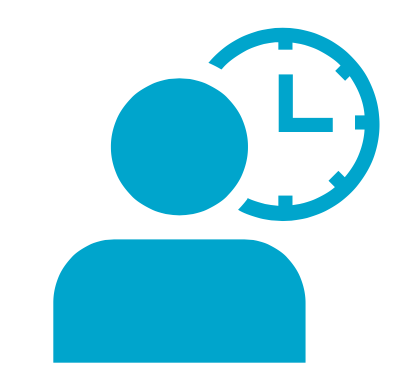
Office Hours
Your assigned coach will host a weekly office hour should you need additional 1:1 support during the program.
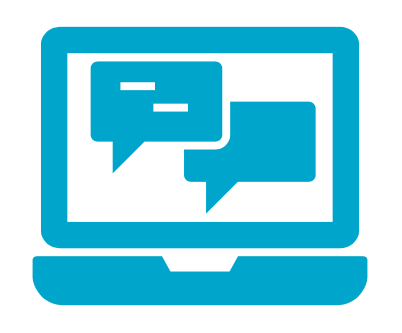
Asynchronous Discussions
Throughout the program, you can communicate with your coach and other educators in your cohort through the BloomBoard platform.
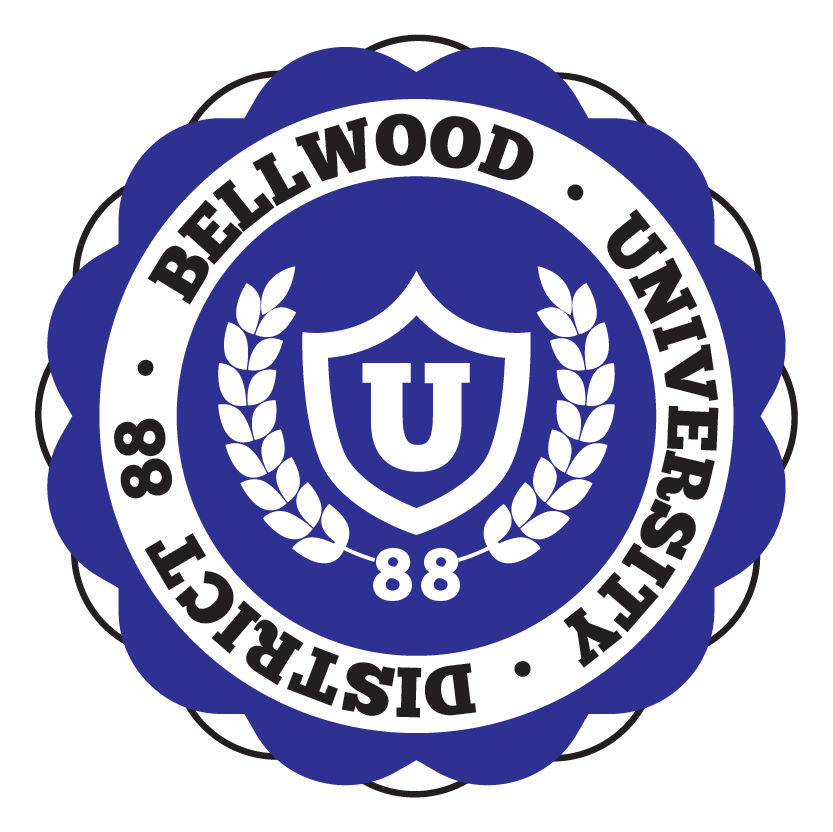
BELLWOOD SCHOOL DISTRICT 88
Learn how one district began using micro-credentials to help teachers build the essential skills needed to be successful during COVID, and how positive teacher feedback led them to expand the program.
Why Educators Love Learning with BloomBoard
Learn More
About BloomBoard
BloomBoard offers micro-credential based advancement pathways for educators to meaningfully improve their instructional practice and access both compensation and career acceleration. Our learn-by-doing process allows teachers to demonstrate their growth through submission of a portfolio of artifacts derived from their actual classroom practice. We partner with states, universities, districts and schools to create planned roadmaps for advancing educators based on a system’s uniquely identified needs and gaps. This transparent structure for advancement improves the ability to recruit, develop, and retain effective educators. It also builds capabilities for educators to better serve students. We also offer programs directly to teachers including the National Board Pre-Candidacy Program.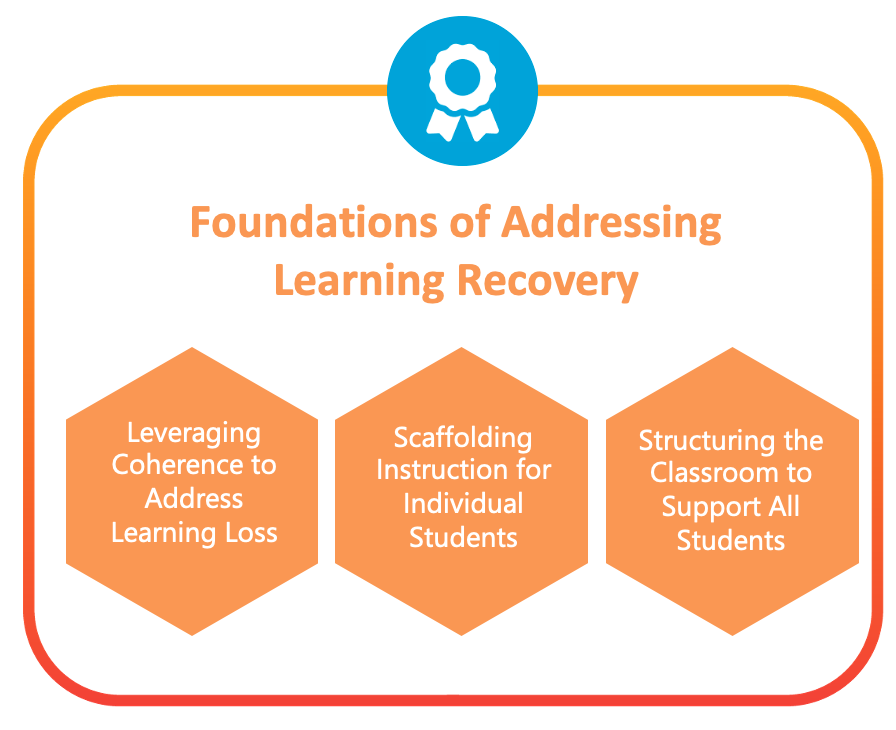
Foundations of Learning Recovery
This micro-endorsement focuses on providing just-in-time supports so that students can successfully engage in on-grade-level work. Educators learn and practice strategies to fill students’ skill and knowledge gaps through intentional planning, implementation of flexible classroom structures, and connection of student data to appropriate supports.
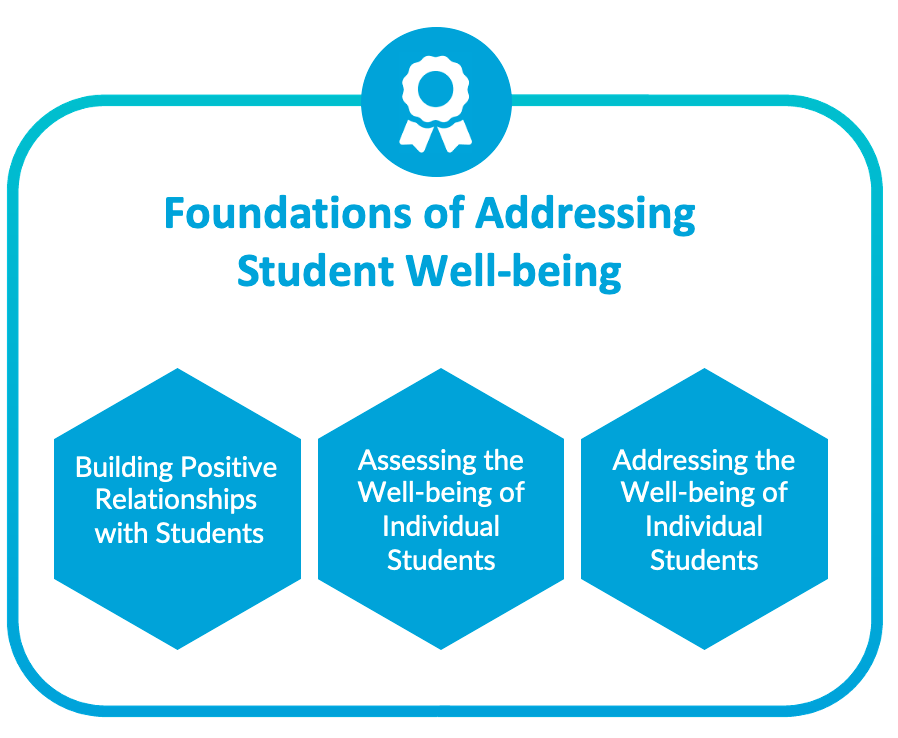
Foundations of Student Well-Being
This micro-endorsement focuses on first building positive relationships with students so that they can then intentionally, strategically, and collaboratively work to assess and address factors contributing to their well-being. Educators build skills for assessing individual student needs and working collaboratively with colleagues to address those needs.
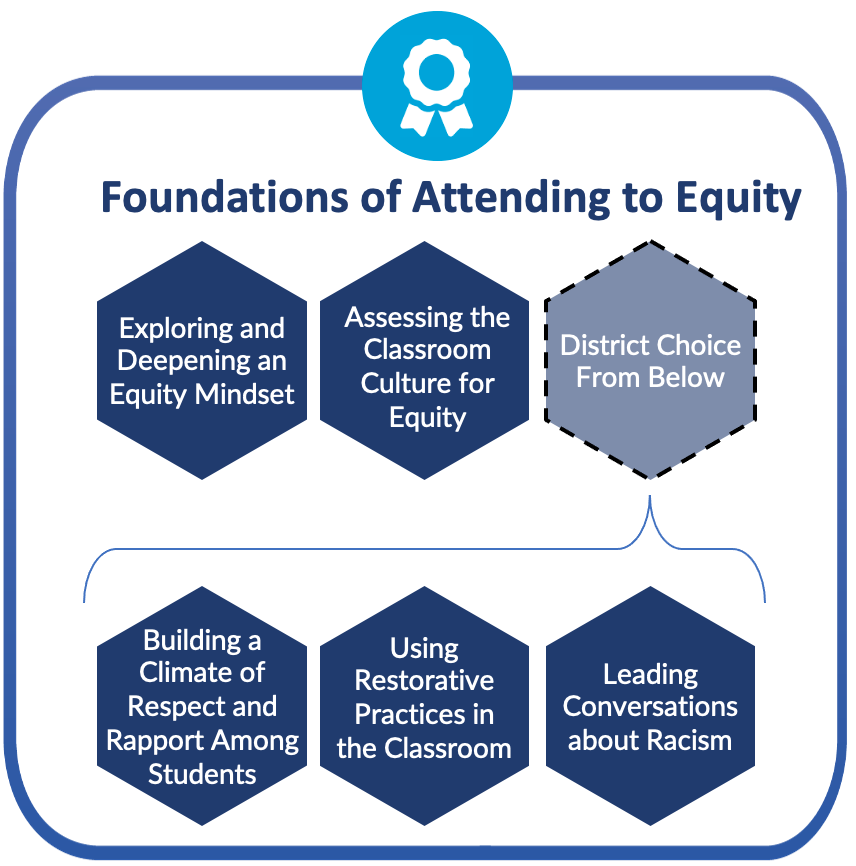
Foundations of Attending to Equity
This micro-endorsement focuses on understanding systemic inequities and their effects; and supports educators in evaluating their current context for equitable practices. Educators then, based on their specific school and classroom context, can strategically focus on building peer-to-peer relationships in respectful and deliberate ways, implement restorative practices in the classroom, and/or lead productive conversations with students about racism.
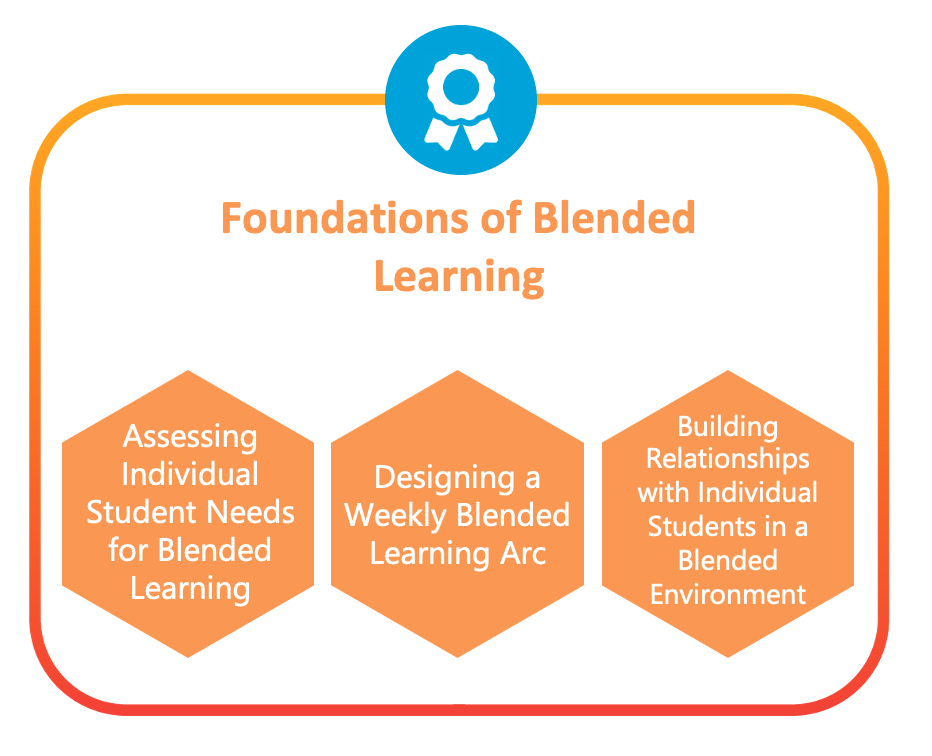
Foundations of Blended Learning
Pioneering educators have built many schools that use a “Flex” blended-learning model, in which online learning is the backbone of content and instruction and teachers support learners on a flexible, as-needed basis (Horn & Staker, 2015). These structures help students drive their own learning and free up the teacher’s time to provide individual support. Foundational to this model is the ability of teachers to build relationships of trust and feedback in order to establish a warm, individual connection with students (Jackson & Warnick 2016).
In this micro-endorsement, participants will learn to: establish coaching and mentoring relationships with individual students, preserve continuity of learning even when the classroom pivots from a face-to-face to a remote environment, and identify and address the range of student needs that must be met so that they can thrive in a blended learning environment.
